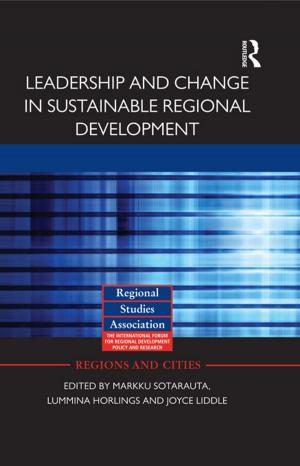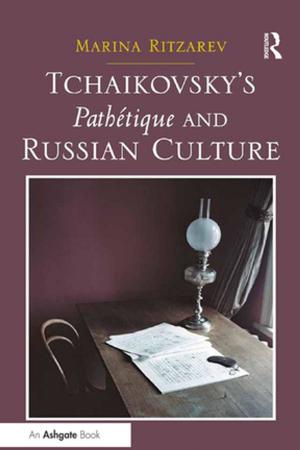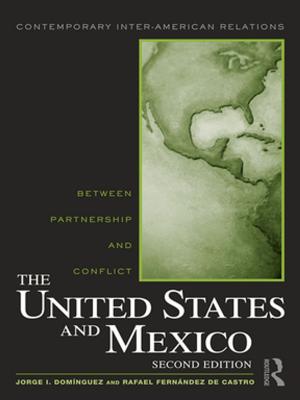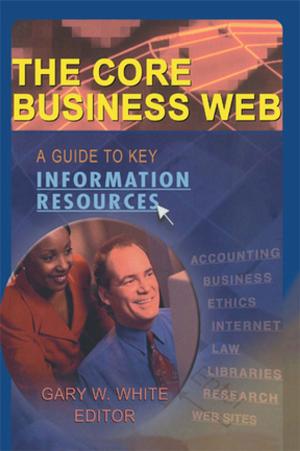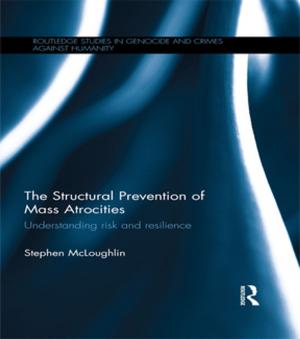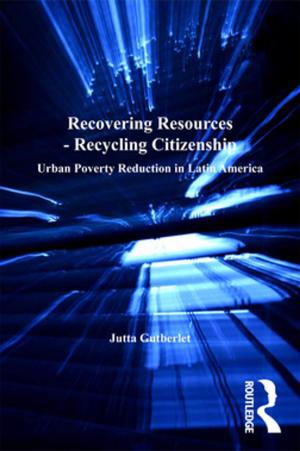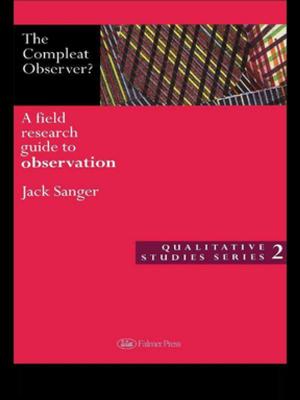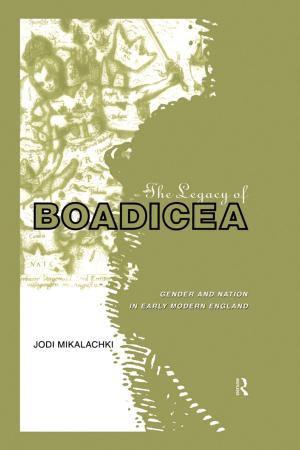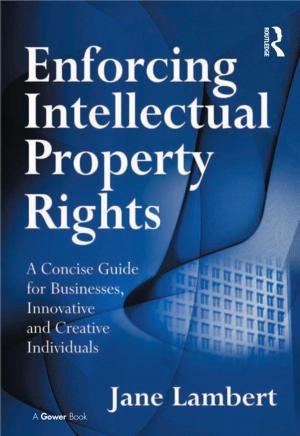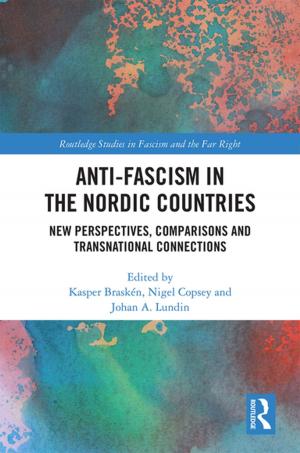Far-Right Fantasy
A Sociology of American Religion and Politics
Nonfiction, Social & Cultural Studies, Social Science, Sociology, Marriage & Family| Author: | James Aho | ISBN: | 9781317334064 |
| Publisher: | Taylor and Francis | Publication: | December 22, 2015 |
| Imprint: | Routledge | Language: | English |
| Author: | James Aho |
| ISBN: | 9781317334064 |
| Publisher: | Taylor and Francis |
| Publication: | December 22, 2015 |
| Imprint: | Routledge |
| Language: | English |
Far-Right Fantasy is a straight-forward, jargon-free study of contemporary American right-wing extremism. Accessible to both professional and lay audiences, it allows activists to speak for themselves in their own words. It takes the self-announced religious motivations of extremists seriously, and illustrates this by citing numerous cases of radical politics. The book addresses the strengths and weaknesses of the standard psycho-social-cultural explanations of far-right activism. It shows how extremists are similar educationally and psychologically to their more conventional neighbors; that they get into the movement in the same way that others become peace activists or radical environmentalists, namely, through their ties with fellow workers and church-goers, family members, and classmates; and that their views are given a patina of certainty by being repeatedly corroborated within closed, non-contaminated communication systems. The book avoids being preachy or judgmental, but it does try to challenge readers morally by submitting far-right fantasy to a formal ideology critique. It does this by showing how the reforms it recommends – a marketplace free of regulation, draconian immigration restrictions; an end to the federal reserve bank and the income tax; a balanced budget amendment to the Constitution; anti-union "right to work" laws and a return to debt slavery; the privatization of schools, the post office, and the commons, and so on – contradict its ostensible goal, which is to protect and enhance middle class interests. Far-Right Fantasy is suitable for adoption as a supplemental text in political psychology and sociology, sociologies of religion and knowledge, collective behavior, and American political history.
Far-Right Fantasy is a straight-forward, jargon-free study of contemporary American right-wing extremism. Accessible to both professional and lay audiences, it allows activists to speak for themselves in their own words. It takes the self-announced religious motivations of extremists seriously, and illustrates this by citing numerous cases of radical politics. The book addresses the strengths and weaknesses of the standard psycho-social-cultural explanations of far-right activism. It shows how extremists are similar educationally and psychologically to their more conventional neighbors; that they get into the movement in the same way that others become peace activists or radical environmentalists, namely, through their ties with fellow workers and church-goers, family members, and classmates; and that their views are given a patina of certainty by being repeatedly corroborated within closed, non-contaminated communication systems. The book avoids being preachy or judgmental, but it does try to challenge readers morally by submitting far-right fantasy to a formal ideology critique. It does this by showing how the reforms it recommends – a marketplace free of regulation, draconian immigration restrictions; an end to the federal reserve bank and the income tax; a balanced budget amendment to the Constitution; anti-union "right to work" laws and a return to debt slavery; the privatization of schools, the post office, and the commons, and so on – contradict its ostensible goal, which is to protect and enhance middle class interests. Far-Right Fantasy is suitable for adoption as a supplemental text in political psychology and sociology, sociologies of religion and knowledge, collective behavior, and American political history.

